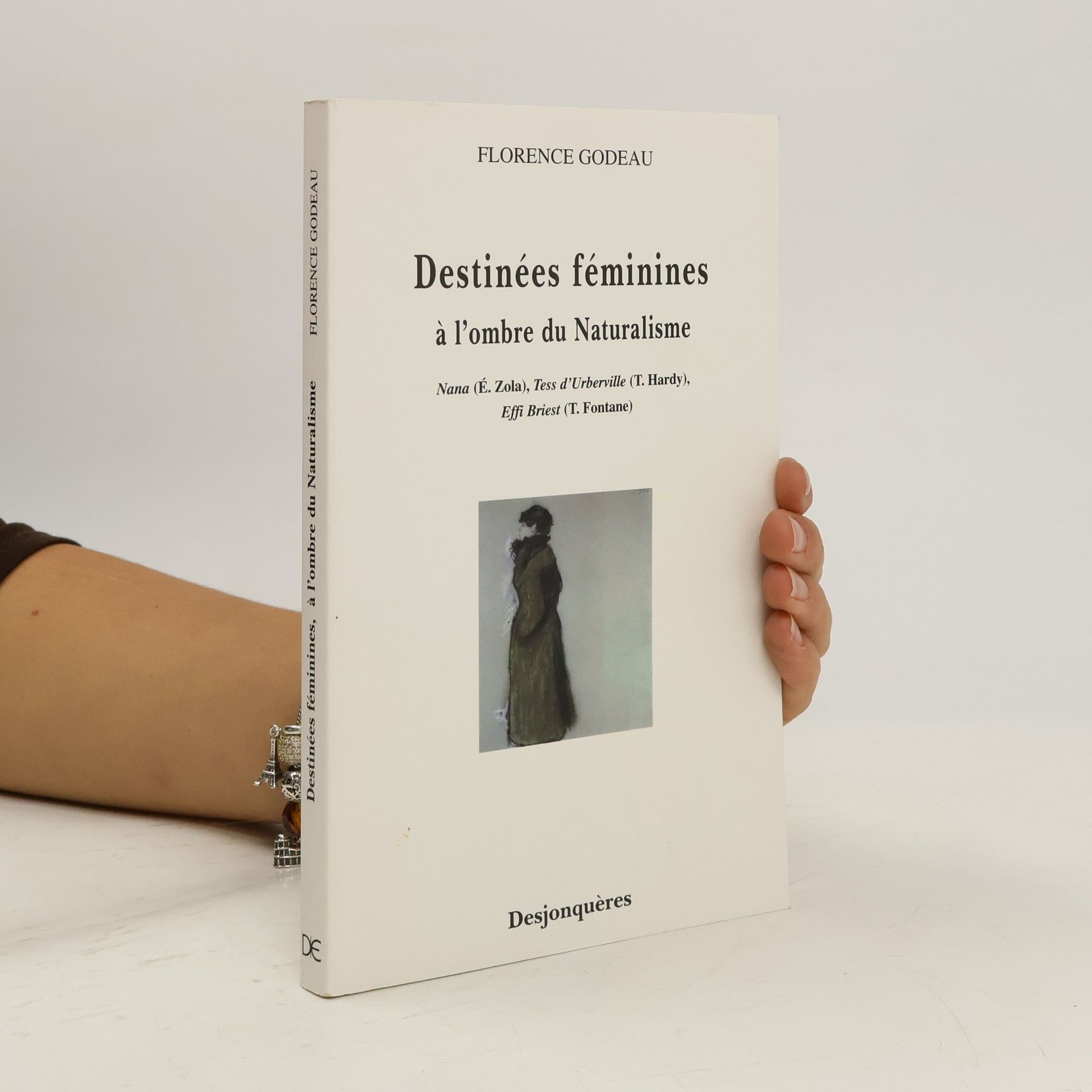Destinées féminines, à l'ombre du naturalisme
Nana (É. Zola), Tess d'Urberville (T. Hardy), Effi Briest (T. Fontane)
- 134 Seiten
- 5 Lesestunden
Nana, Tess, Effi : les destines de ces trois hrones sont tout entires orientes par la responsabilit morale qui leur est impute. Chacune d'elles est " coupable " d'un choix existentiel qui contrevient aux lois rgissant le comportement des femmes, en cette fin du XIXe sicle, o se situe l'action des trois romans. Le corset des murs et des circonstances, dont seule Nana semble se jouer, inflchit cruellement le destin de Tess comme celui d'Effi Briest : il les tord, puis les brise. C'est cette emprise que l'criture rsiste : lie son objet par une fascination passionne, elle en pouse la respiration, les souffrances, les combats et les plaisirs, luttant contre l'entrave jusqu' rompre les digues. Au-del de l'vocation d'un milieu et d'un inoubliable portrait, c'est bien d'une mancipation impossible, et vitale, qu'il est ici question.
